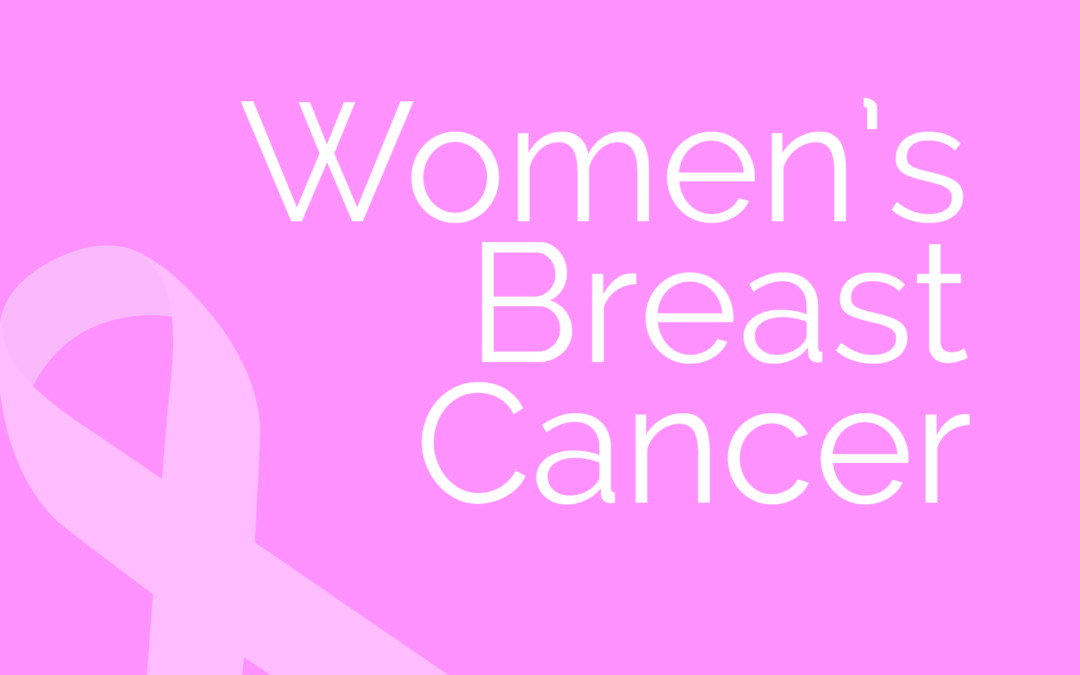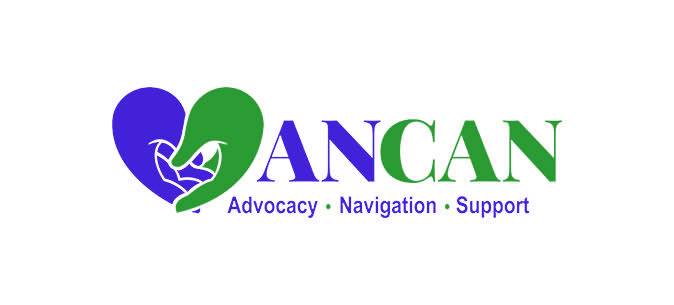
by Rick Davis | Dec 12, 2019 | Recent News, Men's Breast Cancer, Prostate Cancer, Women's Breast Cancer
A report from MedPage Today last week suggests there is no role for denosumab (Xgeva or Prolia) in early stage, high risk breast cancer that is bone mets free. Read the article here.
There are many similarities between breast and prostate cancer in their respective disease patterns. Our PCa groups often discuss the timing of bone strengthener use. A quick review of the literature reveals one meta-study that supports the use of denosumab.; however it does not analyse the results by disease stage of those studied.
This is of personal interest to the Author’s experience. I was placed on bone support treatment at the outset of 28 months hormone deprivation therapy because my bone density was borderline osteoporitic, albeit no observed bone mets – and it helped me over the course of my treatment. Since baseline bone density at start of treatment is a relevant factor, why was that not factored into the equation?

by Rick Davis | Dec 12, 2019 | Cancer Resources, Advocacy, Health Resources, Men's Breast Cancer, Multiple Sclerosis, Prostate Cancer, Recent News, Women's Breast Cancer
Our good AnCan friend, medical journalist Howard Wolinsky, has published an article in the magazine, Chicago Medicine investigating the controversial contrast agent gadolinium used in MRI scanning. Read it here.
This topic is often discussed in AnCan’s Active Surveillance Prostate Cancer Group. Congrats, Howard – c’mon back to our virtual groups to keep us informed!

by Rick Davis | Dec 3, 2019 | hospice and palliative, Advocacy, Brain Tumors, Cancer Caregivers, Cancer Resources, Complementary Medicine, Health Resources, Men 'Speaking Freely', Men's Breast Cancer, Prostate Cancer, Recent News, Webinars, Women's Breast Cancer
One of AnCan’s favorite doctors, who we are privileged to name on our Advisory Board, is palliative care specialist, BJ Miller. I have had the wonderful fortune to work with BJ for 10 years or so, and know first hand how he has provided lifesaving support to a number of our participants treated at UCSF, both physically and mentally!
BJ is an extraordinary physician with an equally extraordinary story. He is a triple amputee – prior to med school, and if you listen to his interview today with Terry Gross on NPR’s Fresh Air you will learn how that career decision came about.
What Terry failed to mention is that BJ’s Ted Talk has very nearly 10 million views since first being posted in 2015 – now that’s remarkable in itself! He has just published a new book with Shoshana Berger, A Beginner’s Guide To The End that I am currently reading.and recommend.

by Rick Davis | Nov 25, 2019 | Advocacy, Brain Tumors, Cancer Caregivers, Cancer Resources, Health Resources, Men 'Speaking Freely', Men's Breast Cancer, Prostate Cancer, Recent News, Women's Breast Cancer
AnCan’s good buddy, John Novack – Director of Communications and PR at Inspire. often brings good articles and media to our attention. This past week-end John sent me a very interesting ‘Shot’ from NPR Health News about A Cancer Care Approach Tailored To The Elderly May that Have Better Results
The example used is an elderly man with prostate cancer, but frankly this approach is applicable to any type of cancer. And this approach makes a mockery of one of my favorite straw men, the USPSTF, who does not recommend PSA testing for men over 70. HELLO USPSTF ….. 70 is the new 50!
If you are over 65, consider raising geriatric assessments with your medical oncologist.

by Rick Davis | Nov 24, 2019 | Brain Tumors, Cancer Caregivers, Health Resources, Men 'Speaking Freely', Men's Breast Cancer, Multiple Sclerosis, Prostate Cancer, Recent News, Women's Breast Cancer
Our own Peter Kafka wrote this commentary in the reminder for the virtual group he moderates. We think it applies to all chronic and serious conditions ……
Bureaucracy is one of those words that all my life I have never been comfortable spelling. Even today in my early 70’s I still have to double check the correct spelling. Perhaps this is indicative of the fact that I have never really come to peace with the necessity of bureaucracy. Even in my final career spending 24-years of my life working for a federal agency, The National Park Service, I was always uncomfortable and tried my damn best to break the mold and not be a government bureaucrat. I did not want to be the guy in the uniform telling the public; “NO!”
What does this have to do with Prostate Cancer, I hear you ask? Well, if you have not run into the obstacles of the Medical bureaucracy yet, you have not traveled very far in your cancer journey. “Why do I have to wait two months to see a doctor?” “Why does it take two weeks to get my test results?” “Why can’t I see another doctor and get another opinion?” “Why do I have to communicate through the computer portal?” “Why won’t my insurance pay for my treatment?” “Don’t you know that I am sick, I have cancer, my anxiety level is through the roof and I just don’t have the energy to fight for my health.?”
Perhaps none of this is familiar and you have been sailing ahead on calm seas with a steady breeze. But my guess is that many of us have ongoing challenges with the medical bureaucracy.
In my current circumstance I find myself with a rapidly rising PSA and a 5-week long wait for a trial scan before I can consider treatment. All I can tell myself is; “calm down Peter, you’re not going to die”. Really? Who says?” Perhaps it is the experience of my years listening to others in our AnCan Online support groups and other meetings where I have heard of men waiting much longer and enduring many more obstacles than myself, but still…..
I tell myself that at least I am in America. At least I can ring the bell and try to get someone’s attention. And the medical bureaucracy responds: “BE PATIENT!” What do you think I am? I am a PATIENT-MAN! That is why I am here, waiting for my 5 minutes with the doctor, trying to track down my test results, trying to make another appointment that works for me.
You certainly have my sympathy. I don’t claim to have the answers to this dilemma. I have been trying to manage my own health care from 2,500 miles away for over 5 years now and it hasn’t gotten easier. But I am still a PATIENT-MAN and with your help and support I will continue this journey and try not to take the Bureaucratic – “NO” for an answer, at least some of the time.

by Rick Davis | Nov 22, 2019 | Advocacy, Brain Tumors, Cancer Caregivers, Cancer Resources, Health Resources, Men 'Speaking Freely', Men's Breast Cancer, Multiple Sclerosis, Prostate Cancer, Recent News, Women's Breast Cancer
More on The Language of Cancer …. The Language of Respect! Earlier this year AnCan ran a couple of webinars on The Language of Cancer – please search on this page under ‘Language’ and you’ll find links to the earlier webinars and articles.
We at AnCan think that the language used when the medical world interfaces with patients could certainly use some improvement – and not just w.r.t. to cancer. In preparing for our second webinar, I ran across an excellent discussion on Medscape. Dr. Tatiana Prowell was one of the participants, and she has just proposed guidelines for how the medical community should refer to patients – and to each other, for the upcoming 2020 ASCO sessions. Unfortunately I could not figure how to download other than in photo format that I am inserting below and hope you can download and enlarge! Failing that, read it on Twitter https://twitter.com/tmprowell/status/1197543809594351616 .
We at AnCan endorse Dr. T’s recommendations ….. patients don’t fail treatments; treatments fail patients!




